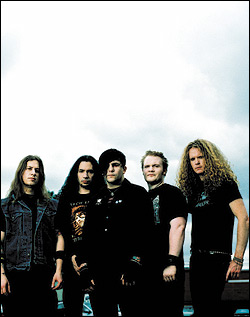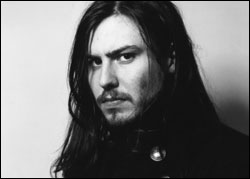REGARDLESS OF Ali‘s ultimate worth, many will refuse to hurdle this towering initial obstacle: The goddamned Fresh Prince of Bel-Air has reinvented himself as a reputable, conscientious Academy Award contender. But the casting quibbles and hype recede upon viewing the classic real- life saga of the actual Ali in the 1996-by-way-of-1974 documentary When We Were Kings. (Lawsuits and music-rights clearances stuck a fork in director Leon Gast’s distribution plans).
Kings focuses primarily on Muhammad Ali’s famous 1974 “Rumble in the Jungle” with George Foreman. The Kinshasa, Zaire, event was one of enormous musical, cultural, and political significance for two continents, probably the last boxing match that truly mattered. (Picture Mike Tyson pulling a Jaws on Evander Holyfield’s ear; then try to remember a recent title fight of, well, any social consequence.)
Gast captures Ali’s charismatic tongue from his historic flight to Africa to a devastating postponement due to a cut Foreman suffered while sparring. We’re introduced to an astonishingly young and spry Don King, who promises each boxer $5 million that he doesn’t have, then lures African-American icons like James Brown and B.B. King to Zaire (now Congo) to participate in an incredible prefight concert.
Ali is accomplished but aging in ’74, having endured considerable public and legal wounds from his unflappable anti-Vietnam war stance. Journalists like Norman Mailer and George Plimpton were among many observers who doubted he could survive Foreman’s punishing assault.
Still, Zaire receives Ali as a superhero. He humbly praises Zaireans’ “dignity in poverty,” but is characteristically all spunk in describing how he’ll “whup” Foreman. (When a journalist inquires what Ali would like to say to the children of the world, he unforgettably suggests that they “whup tooth decay.”)
Kings is generally chronological, but Gast artfully structures the contemporary interview segments—including Spike Lee—to conceal the bout’s outcome. And he’s commendably objective toward Foreman, no villain, but merely a quiet man of less (spoken) political insight than his loquacious rival.
Grilled on his outsider status in Zaire (where locals rooted for his opponent), Foreman retorts “Uh, Africa is the cradle of civilization. Everybody’s home is Africa.” It’s a slice of non-rhyming poetry that Ali would applaud.







